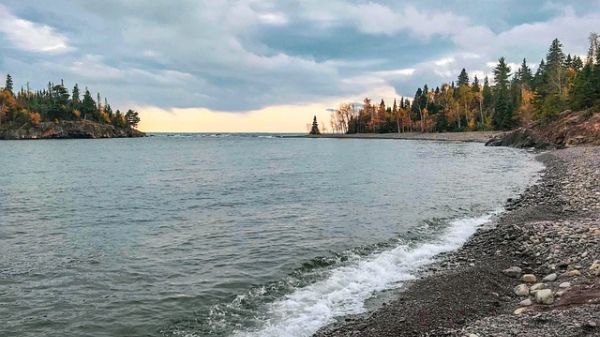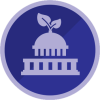Lecture: "Indigenous Participation in Great Lakes Governance: An Environmental Justice Perspective"

Moos Family Speaker Series on Water Resources: "Indigenous Participation in Great Lakes Governance: An Environmental Justice Perspective"
Join Freshwater and the University of Minnesota College of Biological Sciences for a virtual lecture on Wednesday, Nov. 17, from 12–1:30 p.m.
Deborah McGregor holds a doctorate in forestry from the University of Toronto, as well as a master's degree in environmental studies from York University and a bachelor of science in psychology from the University of Toronto.
Currently at York University in Ontario, McGregor is joint faculty with the Osgoode Hall Law School and Environmental Studies & Urban Change, and is associate professor and Canada Research Chair in Indigenous Environmental Justice.
Her research has focused on Indigenous knowledge systems and their various applications in diverse contexts including environmental and water governance, environmental justice, health and environment, climate change and Indigenous legal traditions. Prior to her position at York, she worked with Environment Canada with a focus on the Great Lakes.
McGregor is from Whitefish River First Nation (Anishinaabe), Birch Island, Ontario, and has been at the forefront of Indigenous environmental justice and Indigenous research theory and practice.
She serves on the Assembly of First Nations Advisory Committee on Climate Action and the Environment, and is involved in a variety of Indigenous communities as an adviser and researcher for community-based initiatives. These roles helped her to determine how Indigenous people think of the climate change crisis in different ways than others.
Her research interests align well with ongoing work of Freshwater, including Groundwater Governance in the Great Lakes States with Engagement, in which we review existing legal and technical frameworks and are interviewing those who work in groundwater in each state and sovereign nation in that geography. We are interested in learning about the way Canada and its provinces interact with their First Nations.



